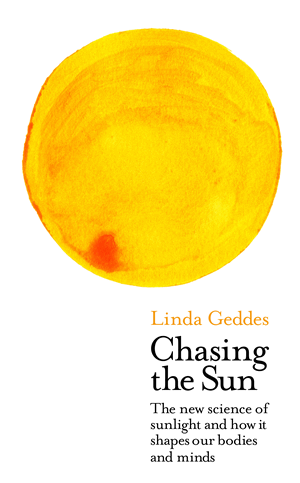Poor Kate Middleton has been hospitalised with hyperemesis gravidarum, an extreme form of morning sickness that afflicts around one in 50 pregnant women. The jury is still out on the precise cause of morning sickness, but the most convincing explanation I’ve found is that it’s down to an unfortunate side effect of the same hormone that confirms you’re pregnant in the first place: human chorionic gonadotrophin (HCG) (which is the hormone pregnancy tests detect).
As well as enabling pregnancy to continue by keeping the production of other pregnancy hormones going, HCG has other effects on the body, such as stimulating the thyroid gland, which regulates metabolism. Previous studies have found particularly high levels of thyroid hormones in women with hyperemesis gravidarum, like Kate Middleton. Two other pregnancy hormones, progesterone and oestrogen, also slow down the digestive system, which might also contribute to the queasiness, bloating and heartburn that so often plagues pregnant women.
A common myth is that bad morning sickness suggests you’re carrying a boy, when in fact the opposite is true. In 1999, researchers analysed the records of 8,186 Swedish women suffering from hyperemesis gravidarum and found that just 44.3 per cent of them gave birth to boys, compared to 51.4 per cent of the general population. Researchers have also found higher levels of HCG in women carrying female foetuses and (cue rampant excited royal speculation) twins!


